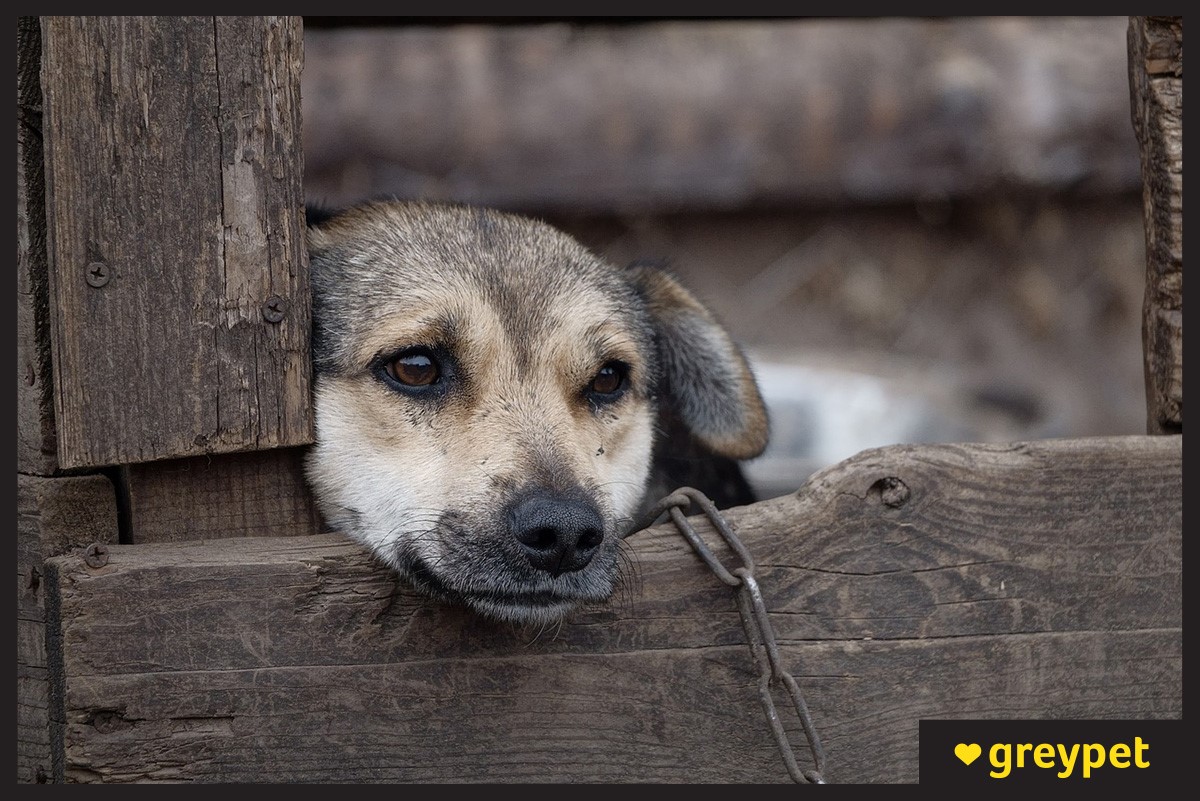The Chain and the Dog – A Painful Image That Must End
A doghouse. A chain attached to it. At the other end – man’s best friend… the dog. Regardless of the season or weather, always in the same place. A chained dog… a sight we are all too familiar with. While it’s most commonly seen in rural areas, it also affects dogs kept in kennels. Some dogs spend their entire lives tied up. Their role is to guard the property, act as watchmen, bark when intruders appear. This practice has been cultivated for ages, with dogs seen as the most vigilant guardians.
However, in today’s world, keeping a dog on a chain, depriving it of movement and contact with humans, is rightly met with disapproval. Failing to provide proper living conditions – something often observed in dogs kept on chains – constitutes a form of abuse.

Dogs on Chains – What Does the Law Say?
Polish animal protection law does not outright ban keeping dogs on chains, but it imposes clear guidelines:
- It is forbidden to keep a dog on a tether for more than 12 hours a day.
- The chain must not cause injury or suffering and must allow for necessary movement.
- The minimum legal length of the tether is 3 meters.
- Owners must provide shelter protecting from cold, heat, and rain, with daylight access and space to change body position.
- The dog must always have access to food and water.
Failure to comply can result in fines or detention. Moreover, exposing an animal to life-threatening conditions or keeping it in improper housing may be considered abuse, punishable by fines, community service, or up to 2 years in prison.
Challenges in Enforcement
While the law outlines the rules, enforcement is extremely difficult. It's easy to measure chain length, but tracking how many hours a dog is tethered daily is near impossible without constant monitoring – something rarely feasible. Still, the very existence of regulations and threat of punishment might act as a deterrent.
A Step Further – Ban the Chains
Hungary became the first European country to ban dog tethering entirely. Since January 1, 2016, keeping dogs on chains has been illegal there, with fines of approximately €450 for violations. Owners must ensure their dog cannot escape the property. This bold legislative move may inspire other countries to follow suit.

Why Do People Chain Dogs?
The reasons vary:
- Belief that dogs are ideal guards
- Fear of escape
- Misbehavior at home, with tethering chosen over training
- Misconceptions about aggression – ironically, chaining often causes aggression
- Tradition – people repeat inherited behaviors without questioning them
But we must recognize: a dog chained for life is not living. It's enduring. To truly protect and respect dogs, we must advocate for better solutions, education, and ultimately – freedom for all dogs from chains.

